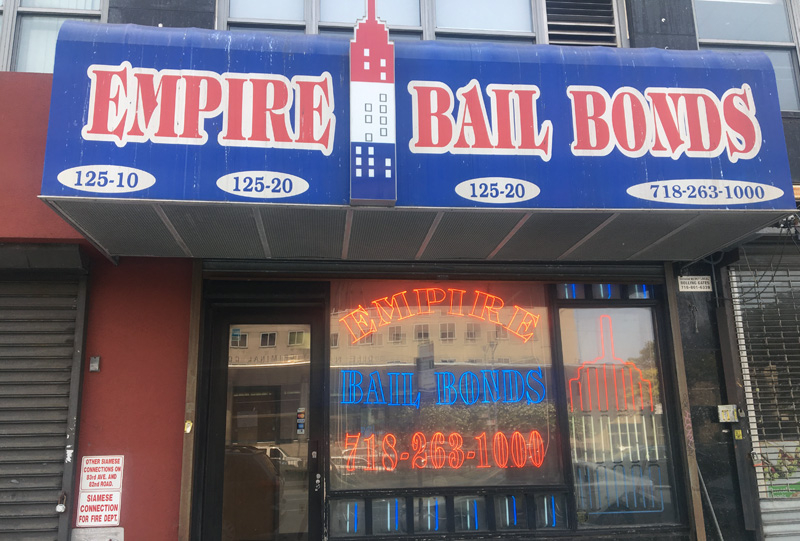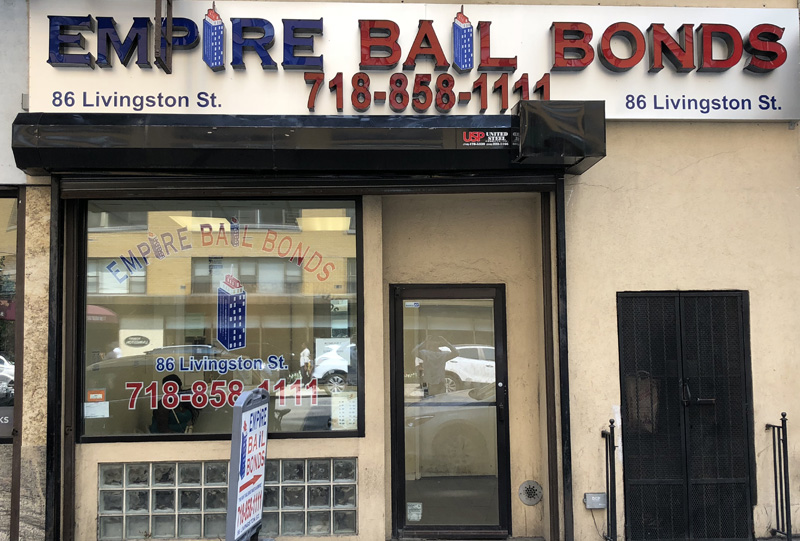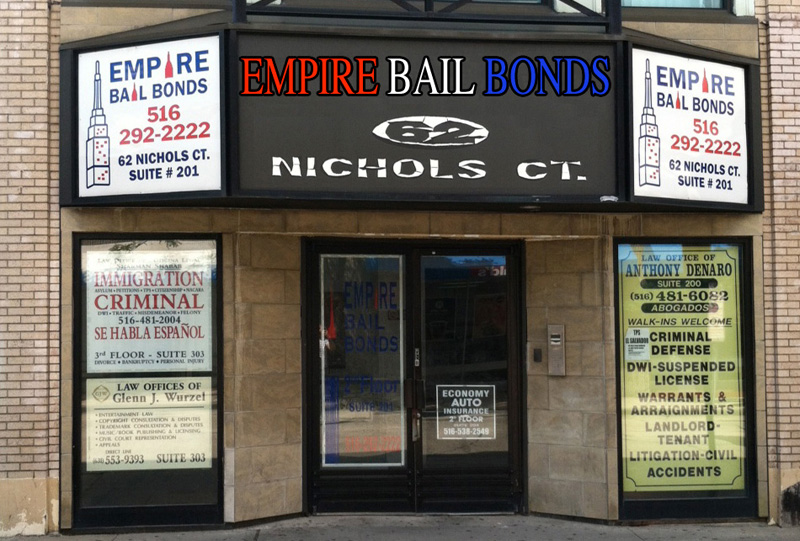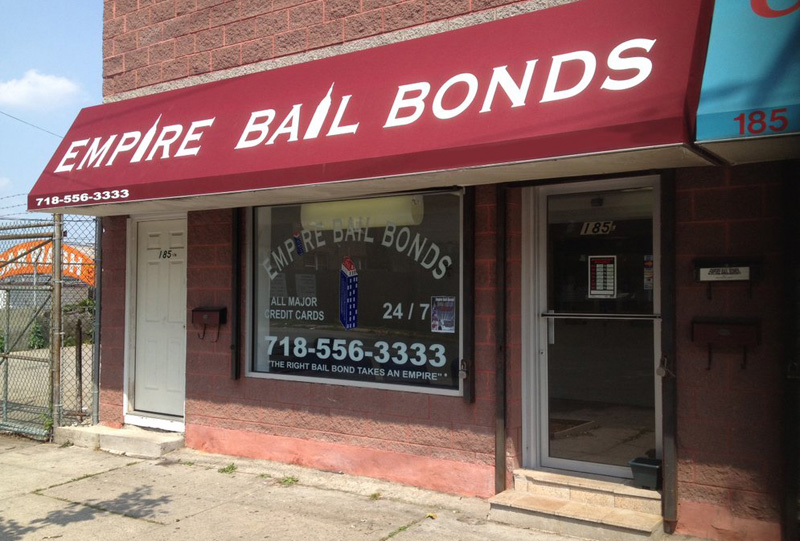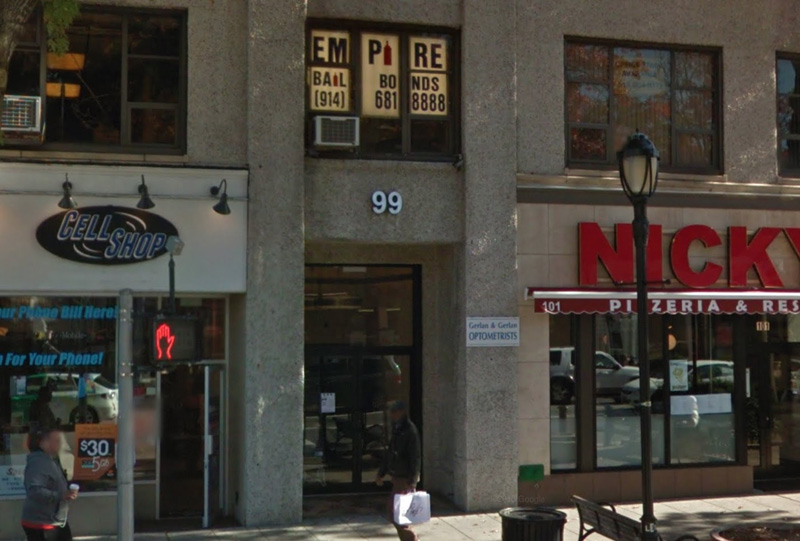When your loved one is accused and subsequently arrested for a crime, they are brought to a police station for booking. During processing (or booking), the police officer will record their name, address, birthday, appearance, and the alleged crime. The officer will then take the accused’s fingerprints and mug-shot, run a background check, and seize and inventory personal property. At this time, the suspect is usually given a breathalyzer to determine if they are intoxicated and then they are able to make a phone call. Once all of these preliminary steps are completed, the accused is put in a holding cell until arraignment.
In New York, you will be arraigned within 24 hours of your arrest, without exception. You could be hospitalized at time of your arrest due to a drunk-driving crash, and all of the necessary court officials (judge, prosecutor, defense attorney, and court reporter) will convene at your bedside to arraign you. At arraignment, the judge will determine whether you are to be remanded, released on own recognizance (ROR), or released on some form of bail. If the judge decides on Bail, two forms of it are typically set. The most common two forms are Cash Bail – paid directly to the courts in full; and Bail Bond – which requires the services of a Bail Agency and is provided at a reduced rate.
When it comes to setting bail, NYS has the most progressive bail statute in the Nation. The premium fee starts at 10% for smaller bonds, but as the amount of the bond increases, this percentage will decrease. (See the table below for the Bail Rates in NY)
THE FEES FOR A BAIL BOND (WHICH ARE NON-REFUNDABLE) ARE AS FOLLOWS
| BOND AMOUNT | COST TO YOU |
|---|---|
| $1,000 | $100 |
| $5,000 | $460 |
| $25,000 | $1,760 |
| $50,000 | $3,260 |
| $75,000 | $4,760 |
| $100,000 | $6,260 |
In addition to paying the fee for the bond, you will be required to provide collateral in another reasonable form. This collateral will be returned to you at the conclusion of your loved one’s sentencing provided that the accused complies with all terms of their pre-trial release and makes all court dates.
After your family member or friend contacts a respected Bail Agency, they will get your case information, prepare all necessary paperwork, and post the bond with the corresponding court. After which, they will get the release order from the court. Once that is taken care of and collateral and fees are secured, the release order is brought over to the court or jail where the accused is being http://www.gulfportpharmacy.com/ held and your family member is quickly released and all personal property that was seized is returned.
From the time your family member is released to their final court date where they are sentenced, they must comply with all terms set forth during arraignment. In addition to being on-time for every mandated court appearance, the accused may have to periodically check in with their bail agent. This check-in is set forth to hold them accountable through their final disposition of the case. Additionally, they may be required to submit to randomized drug testing, have an interlock installed in their vehicle, wear a monitoring device, etc. Provided that everything goes smoothly until that final court date, the Judge will exonerate the bond and all collateral will be returned. If, for whatever reason, your loved one fails to appear for one of their mandated court appearances or fails to comply with their release terms, that collateral may be forfeited. If the accused is in violation of his bail, the Judge will set new bail conditions or the individual can be remanded without any chance of bail. If the Defense Attorney disagrees with the Judge’s decision on custody or bail, then he can move the hire court for a writ of habeas corpus.

